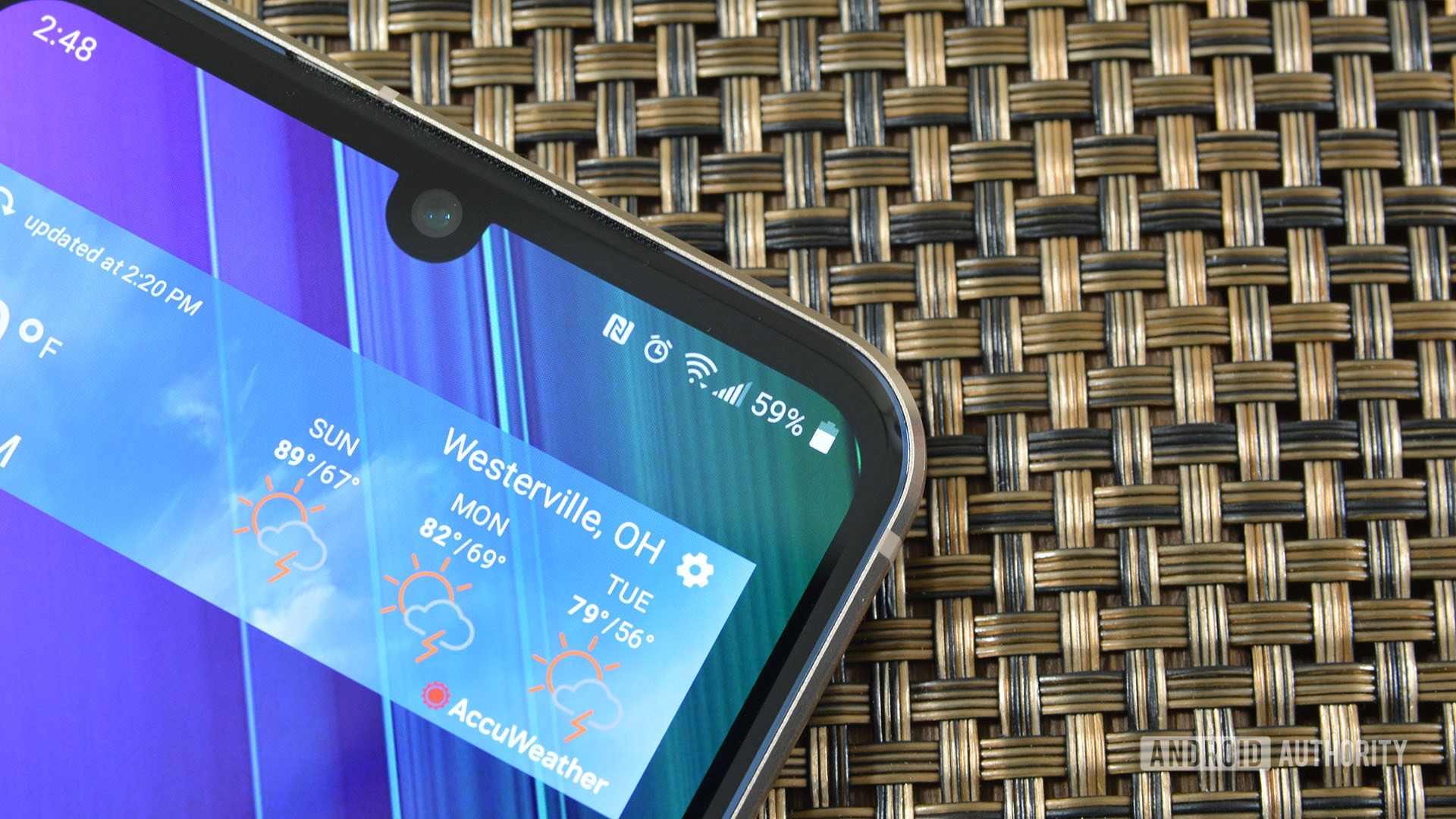Affiliate links on Android Authority may earn us a commission. Learn more.
This new bill targets the use of stingrays, which is great news
Published onJune 21, 2021

Law enforcement may soon have to obtain a warrant before using cell-site simulators, often referred to as stingrays. Senator Ron Wyden of Oregon and Representative Ted Lieu of California introduced a new bill this week to end warrantless use of stingray phone trackers in a bid to protect citizens’ privacy. This is good news.
Wait, what are stingrays?
Stingrays act like cellular towers, but they aren’t. Instead, they are used by law enforcement to track people. In the US, stingray phone trackers are utilized by a range of local police, state police, and federal agencies, such as the FBI.
Generally, police or other law enforcement agencies drive around a given neighborhood with a stingray in their car or truck. As the stingray passes by cell phones, the phones connect to it because they think it is a cell tower. The idea is to find a specific phone or person and gather that person’s whereabouts and sometimes even call history, messages, and data.
Why are stingrays a problem?
The concern is, stingrays don’t track just one person. They are indiscriminate and track all the cell phones in the vicinity. This means the data of regular people is scooped up alongside the data of the intended target. This is an issue for privacy advocates.
Imagine law enforcement gaining access to your location history, call history, and messages, all without a warrant. Mind you, you’re not committing any crimes; you’re simply going about your business. Yet, many believe law enforcement has no right to collect such data from regular citizens without their knowledge.
Related: The best police apps for Android to help out law enforcement
There’s also a safety issue. Because stingrays trick phones into connecting to them, a phone might be connected to a stingray when it is needed to make an emergency call. Imagine not being able to call 911 for help because your phone was tricked into connecting to a law enforcement stingray. Stingrays have the potential to put lives at risk.
“Cell site simulators have existed in a kind of legal no man’s land for far too long,” said Wyden. “Our bipartisan bill ends the secrecy and uncertainty around stingrays and other cell-site simulators and replaces it with clear, transparent rules for when the government can use these invasive surveillance devices.”
What effect will the bill have?

The bill seeks to require law enforcement at every level to get a warrant before using stingrays and requires that issuing judges be informed about the potential side effects, such as jamming 911 calls.
The bill would also require that data collected from bystanders’ devices be minimized. It would give those surveilled illegally the right to take action and could include fines of up to $250,000 for illegal use of stingrays. Some states have already enacted similar laws. This law would cover all uses of stingrays.
“[Stingrays] can capture a massive amount of metadata and content from a broad swath of devices all at once,” said Lieu. Lieu pointed out that stingrays have been deployed against BLM protesters and others exercising their First Amendment rights.
Wyden has been seeking to control the use of stingrays since 2016.
See also: Hands-on with Privacy Dashboard, one of Android 12’s best new features
The bill is needed
Officially called the Cell Site Simulator Warrant Act, the bill is welcome, though some say it’s long overdue.
Law enforcement has been using stingrays for years. In one instance, law enforcement put a stingray on a plane and flew over Washington, DC, searching for a suspect. The stingray hoovered up the data of thousands of people who didn’t know they were being surveilled.
Should this bipartisan bill pass, peoples’ cell phone use will become a little bit more private. As it should be.